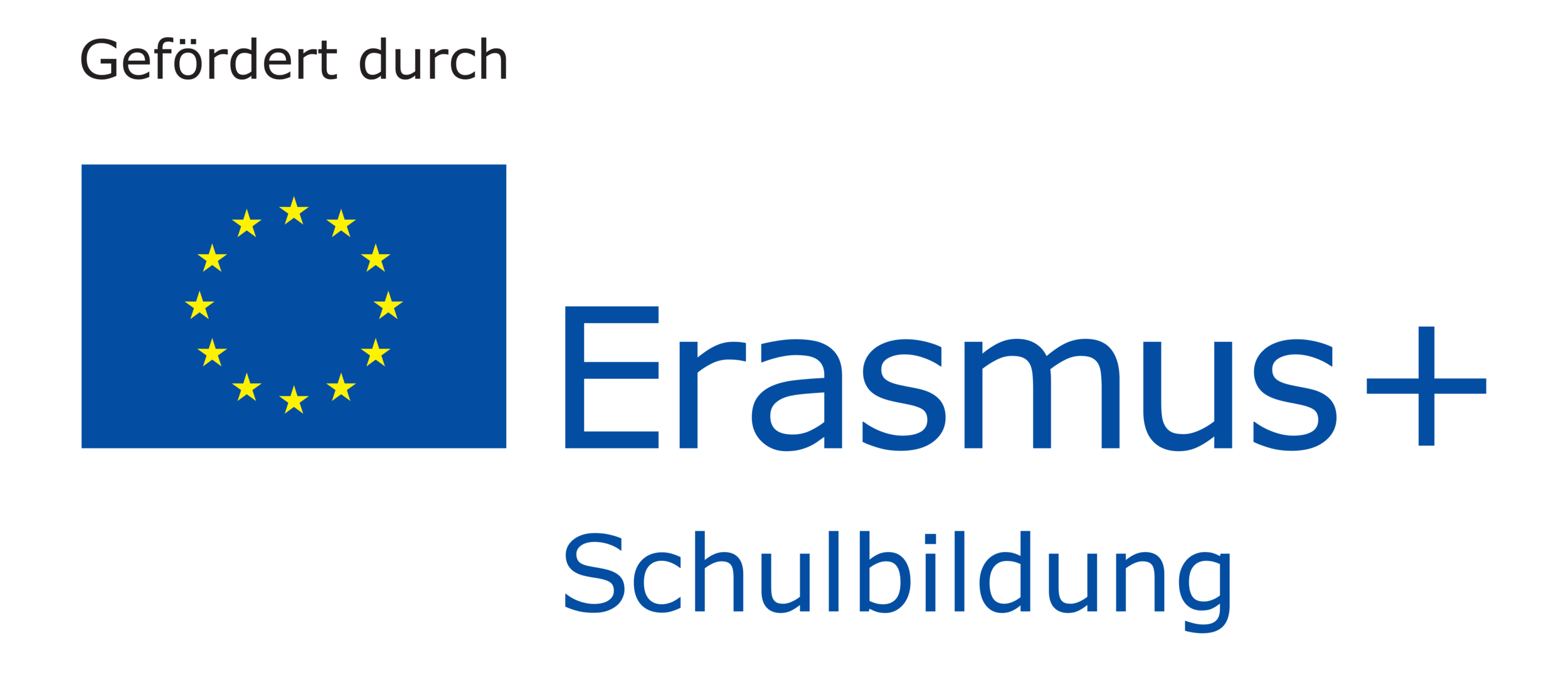The Competent Child
Social-Emotional Competence
What is the competent child?
The competent child is one who is capable, not only in their own eyes but in the eyes of those around them.
The competent child is not pushed to be competent, but rather provided an encouraging environment that sets them up to succeed and thereby allows them to see themselves as confident.
The competent child recognizes their ability to contribute to their environment. This builds self-esteem, self-awareness, and an interest in their own motivations (Staley, 1998).
Social-emotional competence is important as it gives children the ability to interact positively with others, regulate emotions and behaviour, solve problems and communicate effectively (Innis, 2018). As demonstrated by Max's behaviour he is socially and emotionally unprepared for the situation in which he finds himself. He is dealing with a lot of factors at home, and without the competency and support to work through these situations and express himself appropriately, it could affect other aspects of his life. This could be because of an overload of emotions he is dealing with at home, or it could also be that he has not been provided with the tools to work through these situations (Graf & Seide, 2019).
As educators and families, it is important to always take a child's past experiences and personality into consideration. These aspects of a child's experience help contribute to competence, which can inform their ability to make decisions and participate in activities (Diesfield, 2015). Max's educators should keep in mind that he is dealing with a lot at home and his family should share as much as they feel comfortable about their home situation as these factors could contribute to how he develops socially in kindergarten. It is also important to keep in mind what role the nanny may have played for Max over the last three years. Did he do everything for him? Did he coddle him in a way that made it impossible for him to self-regulate? These are all important questions to ask. Together, the families and educators can work together to support and build Max's social-emotional competence (Juul, 2011).

